Filter by
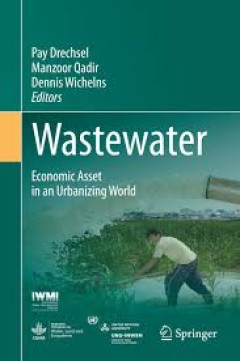
Wastewater Economic Asset in an Urbanizing World
The books provides a timely analysis in support of a paradigm shift in the field of wastewater management, from ‘treatment for disposal’ to ‘treatment for reuse’ by offering a variety of value propositions for water, nutrient and energy recovery which can support cost savings, cost recovery, and profits, in a sector that traditionally relies on public funding. The book provides new insi…
- Edition
- -
- ISBN/ISSN
- 978-94-017-9545-6
- Collation
- -
- Series Title
- -
- Call Number
- -
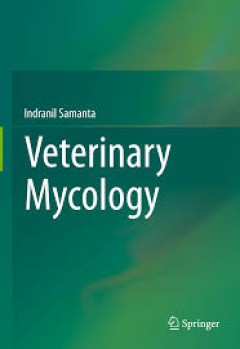
Veterinary Mycology
This book is a comprehensive overview of the fungi that are clinically relevant for animals and humans. It is divided in three major parts: the first part comprises the history of veterinary and medical mycology, general aspects of morphology, growth, nutrition, reproduction and classification of fungi. In the second part, the etiologic agents of cutaneous, subcutaneous and systemic mycoses are…
- Edition
- -
- ISBN/ISSN
- 978-81-322-2280-4
- Collation
- -
- Series Title
- -
- Call Number
- -
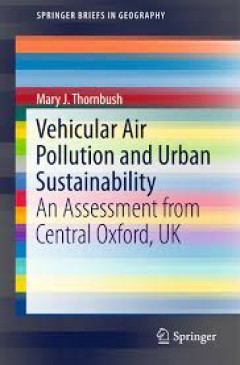
Vehicular Air Pollution and Urban Sustainability An Assessment from Central …
This Brief examines the impact of the Oxford Transport Strategy in central Oxford as a means of assessing the effect of reduced traffic congestion in the city centre on its sustainability. Air pollution (from vehicular traffic) has been monitored at three locations in central Oxford on the High Street, St Aldates and St Ebbes (background monitoring station). There is a further monitoring site s…
- Edition
- -
- ISBN/ISSN
- 978-3-319-20657-8
- Collation
- -
- Series Title
- -
- Call Number
- -
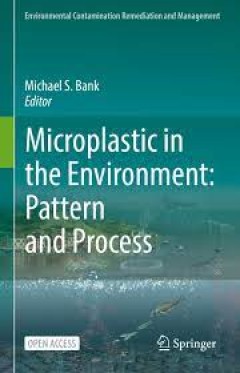
Microplastic in the Environment: Pattern and Process
This open access book examines global plastic pollution, an issue that has become a critical societal challenge with implications for environmental and public health. This volume provides a comprehensive, holistic analysis on the plastic cycle and its subsequent effects on biota, food security, and human exposure. Importantly, global environmental change and its associated, systems-level proces…
- Edition
- -
- ISBN/ISSN
- 9783030786274
- Collation
- -
- Series Title
- -
- Call Number
- -
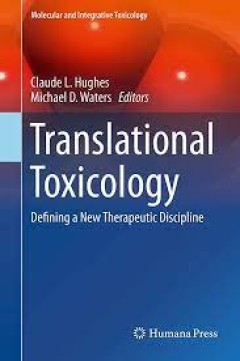
Translational Toxicology Defining a New Therapeutic Discipline
Bringing together a distinguished interdisciplinary team of contributors, this volume provides a comprehensive exploration of translational toxicology—a systematic approach to developing therapeutic interventions that can protect against, mitigate, or reverse the effects of exposures. In particular, the book addresses modes of action and biomarkers, developmental risks of exposures, and poten…
- Edition
- -
- ISBN/ISSN
- 978-3-319-27449-2
- Collation
- -
- Series Title
- -
- Call Number
- -
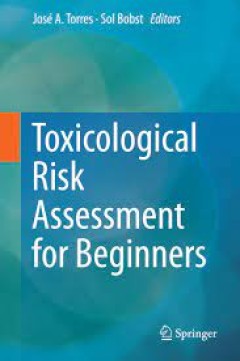
Toxicological Risk Assessment for Beginners
This book serves as a comprehensive introductory guide to the practical aspects of risk assessment. Chapters include clearly defined objectives and summaries. The book includes: hazard identification, dose-response, exposure assessment, risk characterization, chemical mixtures, epidemiology, emerging issues and global perspectives with accessible language. The book concludes with a set of hypot…
- Edition
- -
- ISBN/ISSN
- 978-3-319-12751-4
- Collation
- -
- Series Title
- -
- Call Number
- -
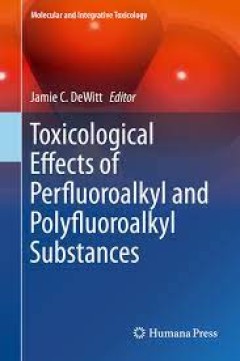
Toxicological Effects of Perfluoroalkyl and Polyfluoroalkyl Substances
This book serves as a timely and comprehensive overview of the latest science for perfluoroalkyl and polyfluoroalkyl substances (PFASs), covering the development of methods for assessing PFASs in biological fluids and tissues as well as the current knowledge regarding their toxicity to vertebrate organisms. This book includes chapters on human and wildlife exposure/body burdens, reviews of meta…
- Edition
- -
- ISBN/ISSN
- 978-3-319-15518-0
- Collation
- -
- Series Title
- -
- Call Number
- -
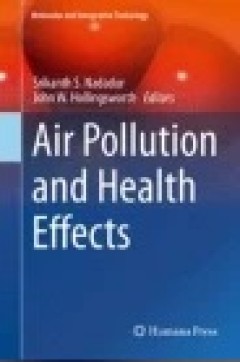
Air Pollution and Health Effects
Exposure to ambient air pollutants, both indoors and outdoors has been associated with the exacerbation and also in the etiology of diverse human diseases. This book offers an overview of our current understanding of air pollution health risks and how this knowledge is being used in the regulatory, therapeutic intervention measures to protect the public health and reduce the disease burden caus…
- Edition
- Ed. 1
- ISBN/ISSN
- 978-1-4471-6669-6
- Collation
- XV, 439
- Series Title
- Molecular and Integrative Toxicology
- Call Number
- 615 AIR a
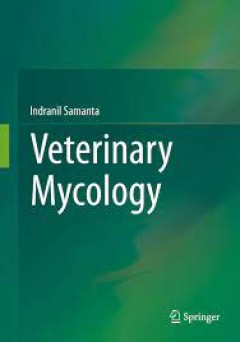
Veterinary Mycology
This book is a comprehensive overview of the fungi that are clinically relevant for animals and humans. It is divided in three major parts: the first part comprises the history of veterinary and medical mycology, general aspects of morphology, growth, nutrition, reproduction and classification of fungi. In the second part, the etiologic agents of cutaneous, subcutaneous and systemic mycoses are…
- Edition
- -
- ISBN/ISSN
- 978-81-322-2280-4
- Collation
- XIX, 179
- Series Title
- -
- Call Number
- -
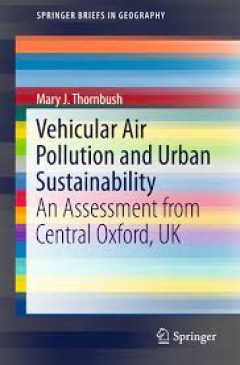
Vehicular Air Pollution and Urban Sustainability An Assessment from Central …
This Brief examines the impact of the Oxford Transport Strategy in central Oxford as a means of assessing the effect of reduced traffic congestion in the city centre on its sustainability. Air pollution (from vehicular traffic) has been monitored at three locations in central Oxford on the High Street, St Aldates and St Ebbes (background monitoring station). There is a further monitoring site s…
- Edition
- -
- ISBN/ISSN
- 978-3-319-20657-8
- Collation
- VII, 68
- Series Title
- -
- Call Number
- -
 Computer Science, Information & General Works
Computer Science, Information & General Works  Philosophy & Psychology
Philosophy & Psychology  Religion
Religion  Social Sciences
Social Sciences  Language
Language  Pure Science
Pure Science  Applied Sciences
Applied Sciences  Art & Recreation
Art & Recreation  Literature
Literature  History & Geography
History & Geography